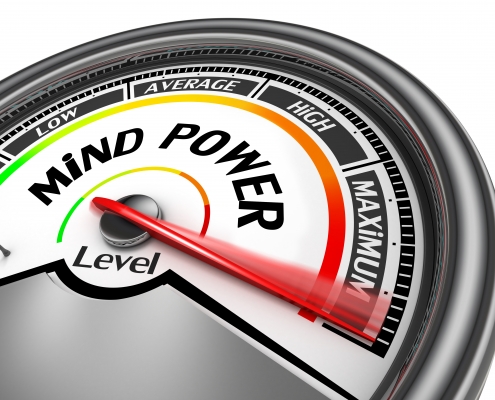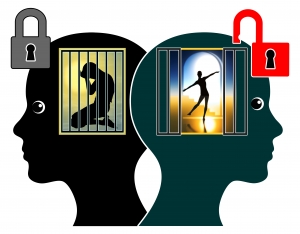World Hypnotism Day is observed in recognition of Dr Jack Gibson, Irish surgeon who performed over 4,000 procedures using hypnosis as an alternative to anaesthetic and later spent much of his career using hypnotherapy to treat mental health conditions.
In addition to celebrating Dr Gibson’s work, the day emphasises that hypnosis is not about mind control, and strongly wishes to dispel people’s fears and misconceptions that they could somehow be forced to behave in a way that might cause them to look or feel foolish or even be potentially harmful.
This day creates an opportunity to invite people, to be fully assured that we do in fact go through various stages of hypnosis several times throughout our life, each and every day – even while we’re driving!
We’re all familiar with the term micro-sleep, that sensation we get when we’re driving, having covered quite large distances with no memory of having made the journey. Our brain is in the same relaxed state as hypnosis, both as we drift off to sleep and just as we are awakening; and most commonly is in that wonderfully relaxed state as we doze off in front of the telly.
The truth is, hypnotism is an extremely powerful tool and proven to be one of the most efficient processes for effecting positive personal change. When applied with the teachings of the likes of Dr Bruce Lipton and Dr Joe Dispenza as a way to heal the physical body and even re-assign the genetic expression of genes to eradicate and even prevent such diseases as cancer, diabetes, heart disease, Alzheimer’s or Parkinson’s all once thought to be incurable.
With that in mind, there is enormous potential to help eradicate all manner of sickness and disease, even those completely misunderstood or considered inherited and therefore beyond our control. The application of hypnotherapy for healing, health and wellness are infinite for everything from anxiety to infertility – the possibilities are endless. And it is all the skill of the practitioner to direct the client to use the power of his/her own mind to achieve their desired results.
As individuals we are no longer a victim of circumstance, bad luck or faulty genetics – we literally have the power to affect our DNA at a cellular level from deep within our subconscious mind.
Who’s using hypnosis? Anybody who’s anybody, these days. Elite athletes have long known of the winning edge that can be achieved, not through harder training, but through the power of employing their own mind to visualise their desired results long before they step onto the field. Actors are also well versed in utilising the skills of hypnosis to achieve everything from overcoming nerves, helping to memorise lines, prepare for a difficult role, shed weight or to really connect with fellow actors in character to deliver a more authentic performance. The medical field, as mentioned turns to hypnosis as a completely all-natural, drug-free, non-invasive alternative to anaesthetic for all manner of medical procedures, even mind -blowingly – deep brain surgery (no pun intended!). And of course we are well aware of the use of hypnosis in dealing with compulsive type behaviours.
Whatever your background, whatever your pre-conceived ideas of hypnosis – World Hypnosis Day 4th January – is the day to really get to know what’s what “and listen to our now awakening sixth sense” – Henry Reed.
For more information on how hypnotherapy can help unlock the mysteries of your subconscious mind and free you to achieve all manner of success book a free exploratory consultation by clicking here.




















